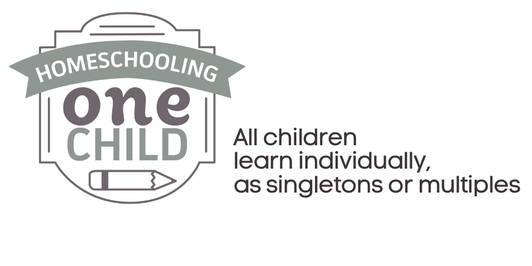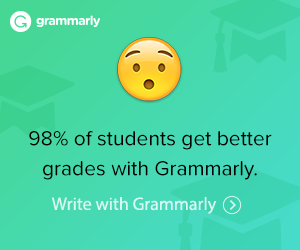Homeschooling and Unschooling - What's the Difference? Some homeschoolers are unschoolers - but what does that mean? And are unschoolers somehow extreme or "out there"? What is the difference between homeschooling and unschooling?
These are some of the questions people pose when considering the two types of homeschooling. It can get a bit confusing, and when you throw stereotypes and so forth into the mix, it can get even more difficult to understand. To help clarify, here are some of the basics about homeschooling and unschooling, and the difference between the two. 1. Homeschooling Homeschooling is simply educating your child at home. It can take many forms, including unschooling, which is simply a specific type of homeschooling. But for the sake of clarity, let's look at some of the aspects and characteristics of homeschooling without including unschooling. Curriculum Homeschoolers may use a curriculum, which they may purchase in its entirety, or just in bits here and there. A full curriculum usually includes a teacher's guide, books, workbooks, worksheets, and various manipulatives and relevant objects. The lessons are laid out in a semester-based schedule. A homeschooling family may use any combination of these things if they don't want to purchase a full curriculum. Curricula can typically be purchased new or used. Some homeschoolers use a combination of the library, the internet, and real life experiences to homeschool without a curriculum. If homeschoolers decide not to use a curriculum, they can look at the educational guidelines for their particular county or district to get an idea as to what their child will be expected to know at a certain age or grade level. Testing Homeschoolers still have to "prove" to the state or county that their child is getting educated. In most states, homeschooled kids can submit to standardized testing or present a portfolio of their work to a certified teacher. The teacher then "signs off" on the portfolio and that form is sent to the superintendent. 2. Unschooling Unschoolers follow a form of homeschooling, in that unschooling is done at home and out in the "real world." The theory behind unschooling is that children learn naturally and have an innate instinct for and love of learning. Unschoolers embrace this concept and apply it to their schooling. Curriculum Unschoolers do not typically use a curriculum, but instead choose to take cues from their child's interests and abilities. Or an unschooling parent may loosely design a curriculum based on the child's interests. For example, if the child is interested in ducks and waterfowl, the parent may purchase or check out books on ducks, geese, swans, etc. Then they might do art projects based on waterfowl and do a science project recreating a wetland habitat. Counting, adding, and subtracting ducks and geese on a pond could be a math lesson. Sometimes the parents just talk about these concepts; other times, the child might write things down or study the concept using manipulatives. But unschoolers do not use a scheduled curriculum with set lessons. Testing Education authorities still require that unschoolers submit a portfolio or take standardized testing, so the requirements would be the same as for conventional homeschoolers. |
- Home
- Blog
- Podcast
-
Resources
- Teach What is Good Devotional
-
Convention Resources
>
- Homeschooling a Teen with Autism
- Tips on Creating a Disability-Inclusive Church
- How to Teach Your Exceptional Child about Faith
- Homeschooling Preschoolers with Autism
- How to Pick Developmentally Appropriate Curriculum for your Autistic Child
- Overwhelmed
- Homeschooling One Child
- Life Skills Chickens
- Strategies on Homeschooling Kids with Special Needs
- About Us >
- Vlog
- Homeschooling News
- Printables
- Special Needs
- Curriculum
- Encouragement
- Home Management >
- History
- Science
- 25 Days of Advent
- Courses
- Store
(C) 2023 Terrie Bentley McKee ALL RIGHTS RESERVED
- Home
- Blog
- Podcast
-
Resources
- Teach What is Good Devotional
-
Convention Resources
>
- Homeschooling a Teen with Autism
- Tips on Creating a Disability-Inclusive Church
- How to Teach Your Exceptional Child about Faith
- Homeschooling Preschoolers with Autism
- How to Pick Developmentally Appropriate Curriculum for your Autistic Child
- Overwhelmed
- Homeschooling One Child
- Life Skills Chickens
- Strategies on Homeschooling Kids with Special Needs
- About Us >
- Vlog
- Homeschooling News
- Printables
- Special Needs
- Curriculum
- Encouragement
- Home Management >
- History
- Science
- 25 Days of Advent
- Courses
- Store


